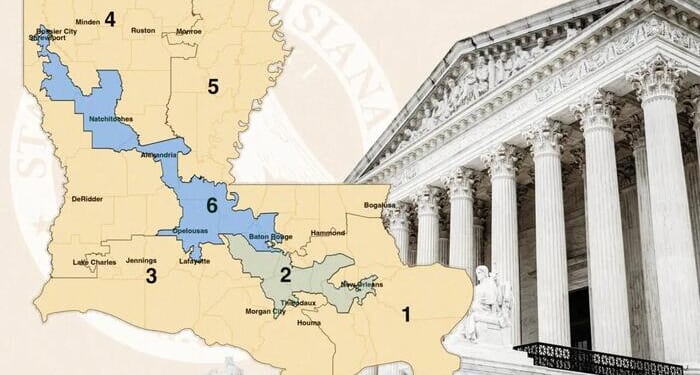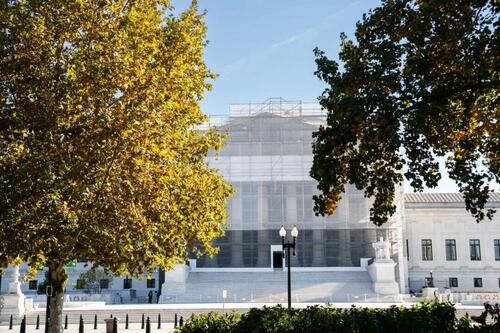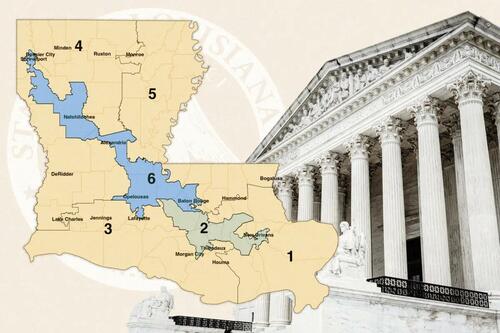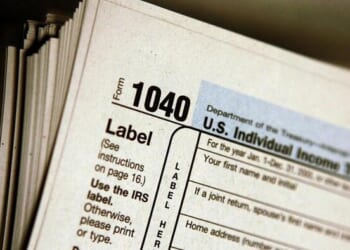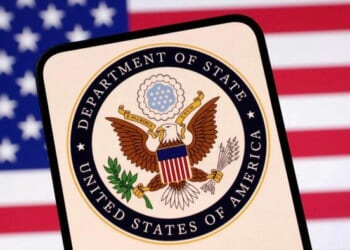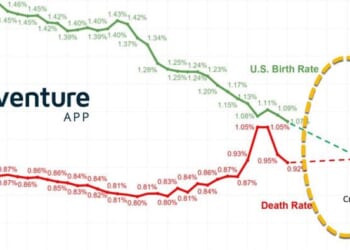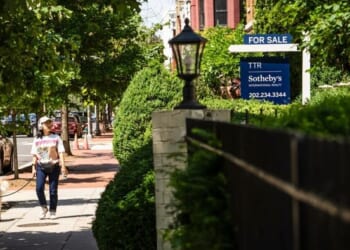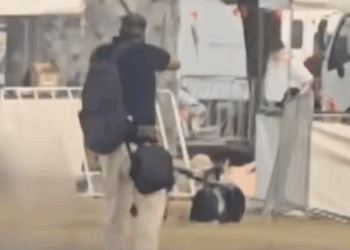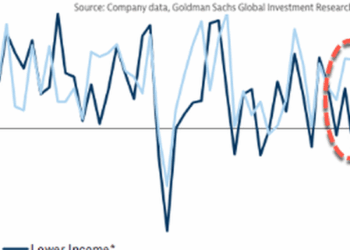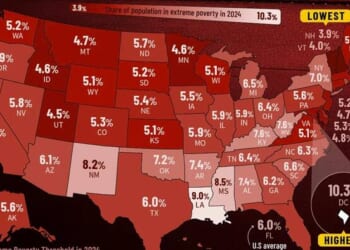Authored by Stacy Robinson via The Epoch Times,
The country is gearing up for the 2026 midterms, and the stakes are especially high for both allies and opponents of President Donald Trump’s administration.
In October, the Supreme Court heard two cases that may impact upcoming elections: one dealing with race-based congressional maps, and the other addressing whether federal candidates can challenge state laws that allow ballot counting after election day.
Race-Based Redistricting
Following a lawsuit by minority voters, a federal court in Louisiana ordered the state to redraw its congressional map to add a second majority-black district, since that demographic made up one-third of the state’s population. After it did so, a group of non-minority voters sued, arguing that the new maps discriminated against them racially.
Earlier this year, the Supreme Court heard arguments for both cases in a combined case called Louisiana v. Callais.
They asked whether Section 2 of the Voting Rights Act was being unconstitutionally interpreted to force states to draw congressional maps with extra mostly-minority districts.
That section of the law prohibits voter restriction based on “race or color.”
However, the court did not issue a ruling at that time. Instead, it rescheduled the case for October, asking both sides to be ready to argue whether using race as a factor to decide district lines violated the 14th and 15th Amendments.
Those Amendments guarantee equal protection under the law, and the right to vote despite considerations of “race, color, or previous condition of servitude.”
At the time, Justice Clarence Thomas wrote that the court should decide those cases immediately, and not wait until October.
“Congress requires this Court to exercise jurisdiction over constitutional challenges to congressional redistricting, and we accordingly have an obligation to resolve such challenges promptly,” he wrote.
Thomas wrote that previous Supreme Court decisions had created “tension” between the Voting Rights Act and the 14th and 15th Amendments: Lower courts had interpreted those decisions to mean that if a state could create an extra mostly-African-American district, then it must do so, he wrote.
During the October hearing, the court seemed likely to narrow the Voting Rights Act.
Counting Late Ballots
Rep. Mike Bost (R-Ill.) and two presidential electors filed suit in 2022, challenging Illinois regulations that allow counting of mail-in ballots up to two weeks after an election. In addition to violating federal election law, they said, those rules require Bost to pay campaign staff for an extra two weeks of work as they monitor the late ballot-counting.
The lower courts ruled that Bost did not have standing, i.e., the right to sue, because the decision to pay staff to monitor the ballots was a “self-inflicted” injury. The Fifth Circuit Appeals Court also said Bost could not show the law injured him because the 2024 election was still two months away at the time of their ruling.
So, in the case Bost v. Illinois Board of Elections, the question before the Supreme Court is not yet about counting late ballots, but whether a federal candidate has the right to challenge the practice.
Paul Clement, arguing for Bost, told the court that counting the late ballots was illegal, could cost Bost the election or reduce his margin of victory, and meant he had to shell out extra money to pay his staff.
“All of that means that Congressman Bost has standing three times over,” he said.
Justice Ketanji Brown Jackson said those harms seemed “speculative.”
Jane Notz, attorney for Illinois, said that allowing anyone who called themselves a ‘candidate’ to challenge election rules in court would result in “chaos.”
“It is very easy to be a candidate,” she said.
“Any self-declared candidate could challenge any election rule that they happen to have a policy disagreement with, even if that rule were entirely harmless.”
Louisiana Congressional District Map; Districts 2 and 6 are mostly-black districts. Illustration by The Epoch Times, Public Domain, Madalina Vasiliu/The Epoch Times
She also argued that Bost has no standing because he is unlikely to lose the race: He won the last two elections by 49 points and 50 points, respectively.
But when the justices asked how close the race would need to be for a candidate to have standing, Notz was unable give an answer.
Some of the justices were concerned that denying a candidate standing until after the election was underway would produce its own basket of problems.
“What you’re sketching out for us is a potential disaster,” Chief Justice John Roberts said.
“If the candidate hopes to win by a dozen votes—and there are places in the country where that happens over and over again—then he has standing. But we’re not going to know that until we get very close to the election, right? And so it’s going to be in the middle, the most fraught time for the Court to get involved in electoral politics.”
Justice Neil Gorsuch also asked if there was something “unseemly” about courts interfering with an election by making public statements about which candidate was most likely to win, and by how much.
The Outcome
The court has not yet issued a ruling in either of these cases, and timing is key.
Because of a rule called the Purcell doctrine, courts avoid issuing relevant decisions just before elections, in order to avoid voter confusion.
But if the Supreme Court issues a ruling on the Louisiana case before states begin their primary elections, some may choose to remake districts that were drawn with race-based considerations. Historically, mostly-minority districts tend to vote Democrat, so redrawing those maps would likely favor the GOP.
Arkansas’s primary election is in March.
Alabama, Georgia, and Mississippi are among the likely candidates. All three states were previously forced by courts to redraw their congressional district lines.
Republicans currently have a narrow majority in both chambers of Congress and control of the White House.
Democrats seek to break that grip by eliminating the GOP majority in the House; Trump has forestalled that plan by urging red states to redraw their congressional district lines, creating new majority-Republican districts.
Trump’s plan may receive a boost, depending on how the Supreme Court rules.
The Bost case may take longer to have an effect. Since the case before the court addresses standing, the actual issue of late ballot-counting would likely be kicked back to lower courts, which would take time to issue decisions.
If Bost prevails, it would allow candidates the opportunity to challenge election laws ahead of time, with unpredictable consequences.
Loading recommendations…

